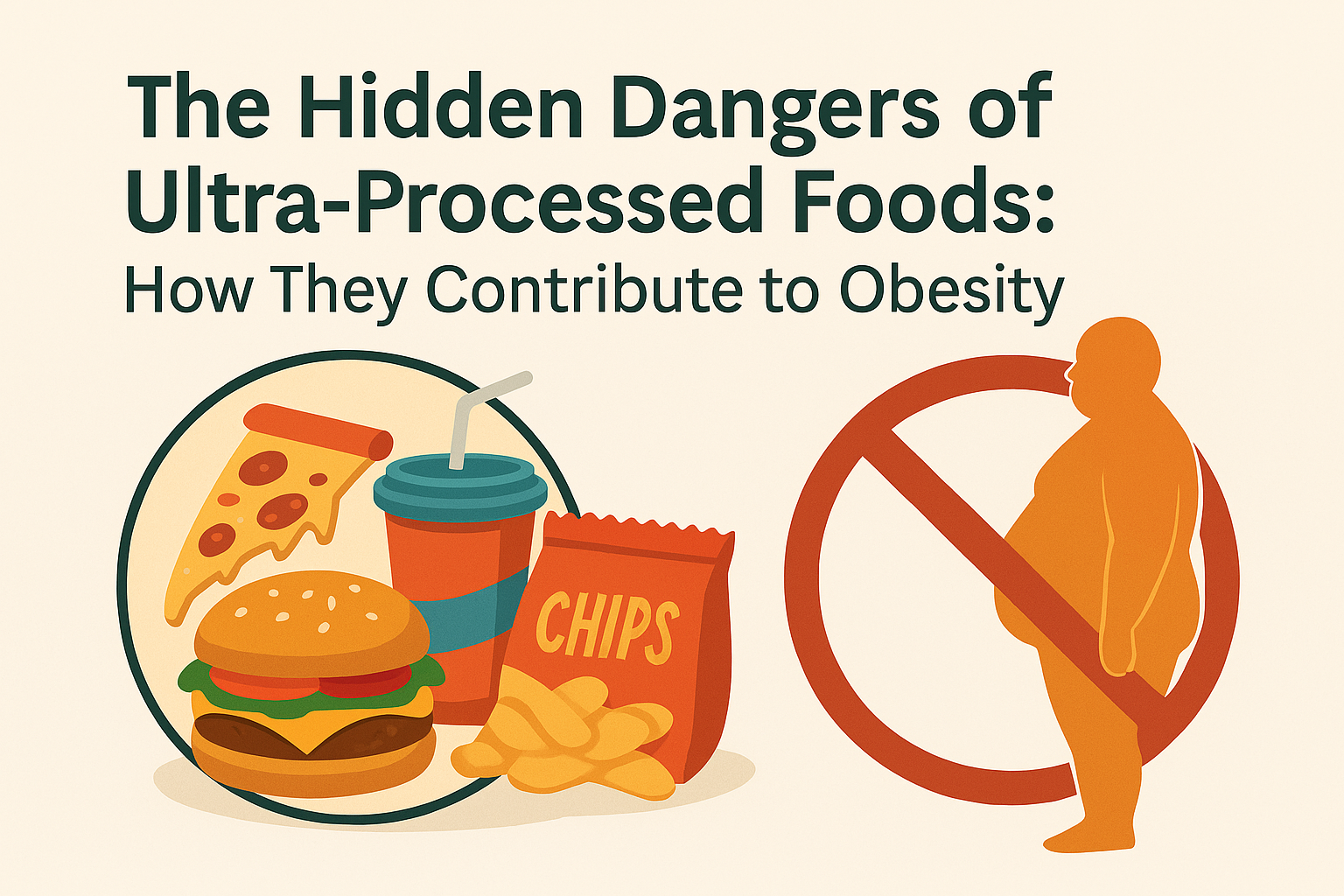Finding a Sustainable and Healthy Way to Eat
There’s no single diet that works perfectly for everyone, but certain eating patterns, like the Mediterranean diet, have been consistently supported by scientific research. Instead of chasing after quick solutions such as diet pills or weight-loss surgeries, it’s better to build a long-term, balanced dietary approach that promotes both health and weight management.
The Decline of Low-Fat Diets
For many years, low-fat diets were seen as the gold standard for losing weight. However, newer research has shown that drastically reducing fat intake doesn't necessarily lead to better health or weight loss. In fact, healthy fats play an essential role in overall well-being.

Interestingly, despite a drop in fat consumption in the U.S. from around 45% in the 1960s to about 33% in the 1990s, obesity rates have continued to rise. Long-term studies also indicate that fat intake isn’t strongly linked to weight gain. For example, a major study involving thousands of women found no significant weight change from switching to a low-fat diet.
Why Mediterranean and Low-Carb Diets Show Promise
Not all diets are created equal. While many popular plans are hard to stick to over time, research has highlighted that certain styles — especially Mediterranean and some low-carbohydrate diets — may lead to better health and weight outcomes when they focus on nutrient-dense foods.
One large-scale, two-year study involving more than 300 participants compared low-fat, low-carb, and Mediterranean diets. It found that people following Mediterranean or low-carbohydrate diets often experienced greater health improvements and weight loss than those on low-fat plans. The study emphasized the importance of tailoring diets to individual needs and preferences.
Moreover, a separate long-term clinical trial revealed that individuals at high risk of heart disease who followed a Mediterranean diet enriched with nuts or extra-virgin olive oil had fewer cardiovascular events compared to those on a regular diet. This was the first study of its kind to demonstrate heart health benefits over an extended period.
Understanding the Mediterranean Diet
Rather than being a strict plan, the Mediterranean diet is a general eating style inspired by the traditional cuisines of countries along the Mediterranean Sea. While the specifics may vary, key features typically include:
- Plenty of vegetables, fruits, whole grains, and legumes
- Healthy fats, especially from olive oil and nuts
- Moderate portions of fish and poultry
- Limited red meat and processed foods
- Enjoying meals with others and staying physically active
Takeaway: Quality Over Quantity
There’s no one-size-fits-all solution when it comes to eating well. What matters most is the quality of your food and maintaining a pattern that fits your lifestyle. While calories are still important, focusing on nutrient-rich, whole foods is key to long-term health and sustainable weight management.
If you're unsure where to start, use visual tools like the Healthy Eating Plate to guide your food choices. Remember: consistency and food quality are just as critical as calorie count.













